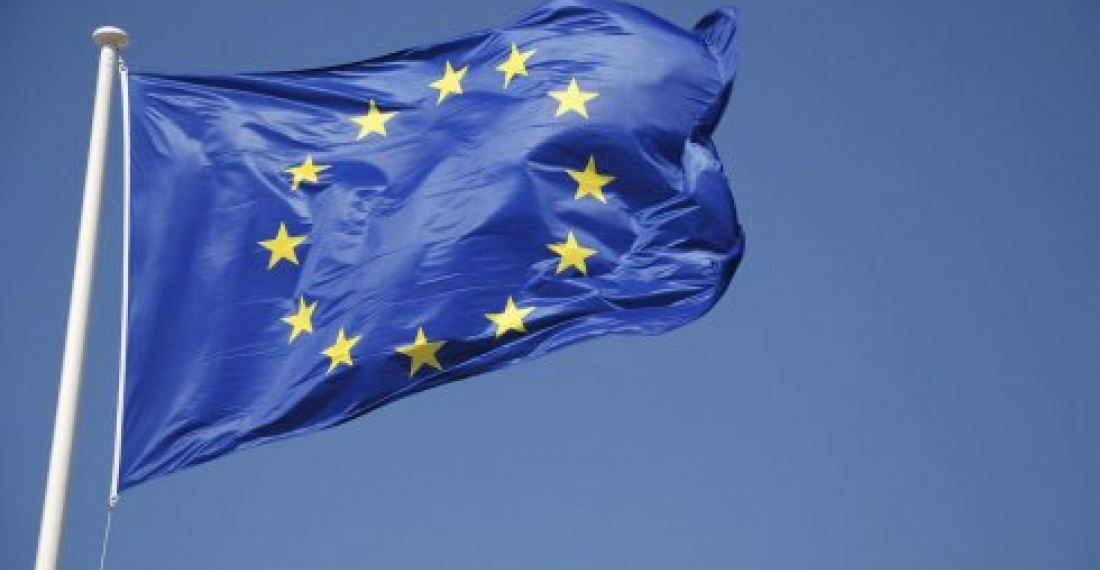The European Union has issued a statement on the current situation in the South Ossetia conflict zone. The statement issued through the spokesperson of the European External Action Service refers to "attempts from within South Ossetia, both in action and through statements", to prevent the European Union's Monitoring Mission's work and restrict its mandate, and says this is deplorable and must stop.
The full statement reads
Rising tensions along the Administrative Boundary Line (ABL) of break-away South Ossetia in Georgia are completely unacceptable. So are factually incorrect statements from within South Ossetia concerning security actions and developments on the ground, which only fuel further tensions.
The European Union calls on all relevant actors to show maximum restraint and refrain from any steps or statements that could escalate the situation. Instead, mechanisms put in place to prevent incidents and find solutions - such as the Hotline, the Incident Prevention and Response Mechanism in Ergneti (IPRM) and Geneva International Discussions - must be consistently used. In addition, crossing points closed since early September should be reopened without delay. All these represent the best way for finding solutions to current security, humanitarian and other problems caused by the situation along the ABL.
The EU Monitoring Mission as the only international presence on the ground plays a key role in the ongoing work to stabilise the situation. The attempts from within South Ossetia, both in action and through statements, to prevent the Mission's work and restrict its mandate are deplorable and must stop.
The European Union remains fully committed to peaceful conflict resolution in Georgia and reiterates its firm support to the sovereignty and territorial integrity of Georgia within its internationally recognised borders.
source: commonspace.eu






